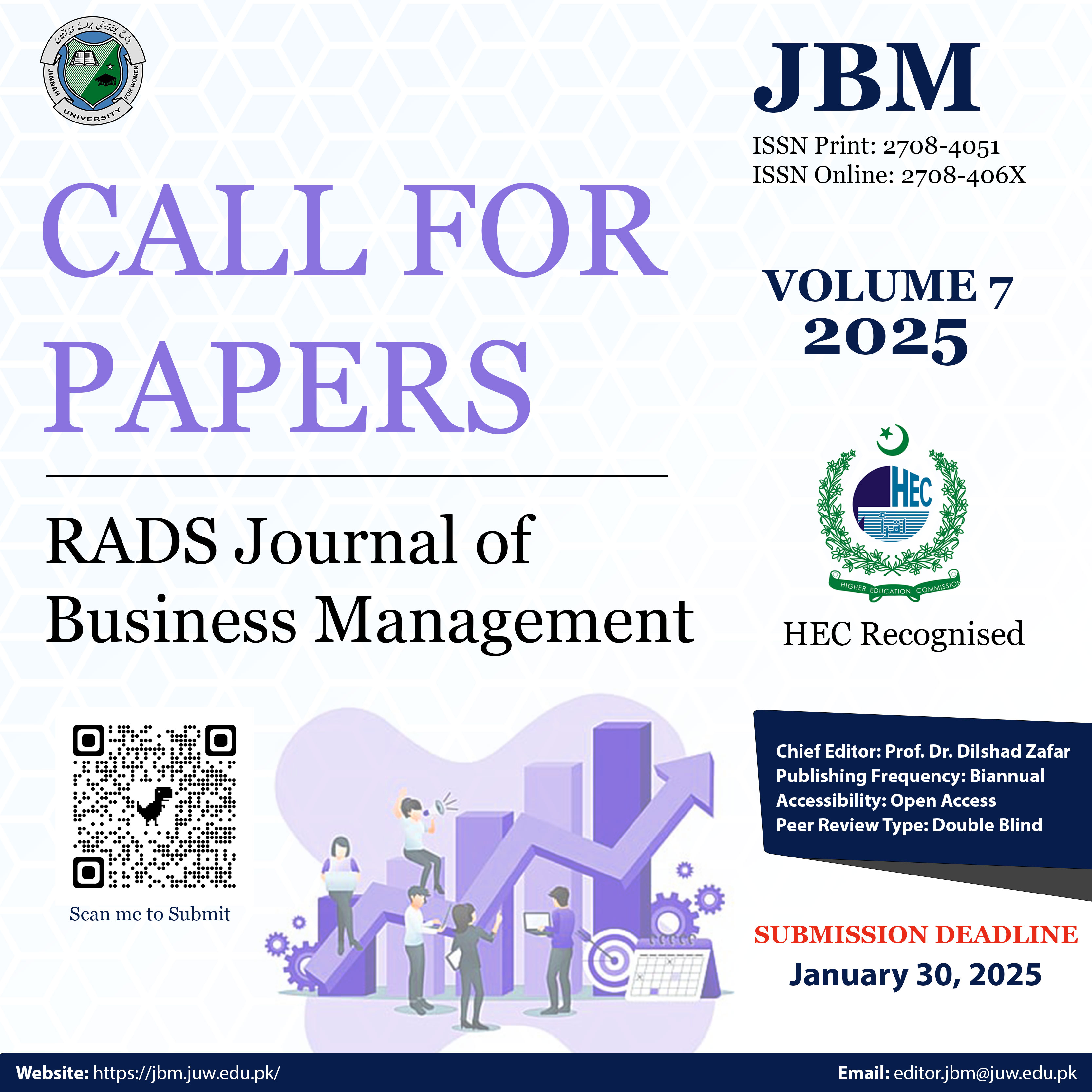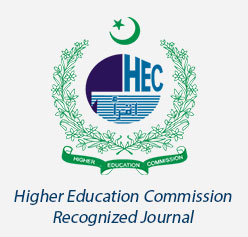Exploring the Impact of Career Growth Opportunities and Work-Life Balance on Employee Retention
Abstract
Objective: This research is intended to explore the influence of career development prospects and professional and personal life balance on employee retention within an organization. It seeks to uncover the differential effect of these factors on retention rates across different industries and cultural landscapes providing insights into their interplay within diverse organizational contexts.
Methodology: Data collection involved enumerators who were preferably known to most of the potential respondents and collected information from various sectors. A well-structured questionnaire guided the enumerators through the whole process. From the 120 questionnaires, a total of 89 collected questionnaires were analyzed using Partial Least Squares-Structural Equation Modelling (PLS-SEM) to warrant rigorous study on the constructs.
Results: Findings show that training and development have impacted emotional exhaustion positively. It is also found that emotional exhaustion has a positive impact on employee retention. Moreover, training and development positively impact employee engagement. Employee engagement has a significant impact on employee retention. Work-life balance was found to have a positive impact on perceived organizational support. Perceived organizational support is linked with excess rate of employee retention.
Implications: This research is novel in examining the moderating roles of the workplace environment and recognition mechanism on career advancement opportunities-employee retention relationship with particular focus to the mediating role of employee engagement. This contribution fills a critical gap in the existing literature by providing a detailed analysis of these dynamics.
Copyright (c) 2023 Adeel Shah

This work is licensed under a Creative Commons Attribution 4.0 International License.
The author retains the copyright and grants the right of first publication to the journal.





